The seven greatest winners in the history of the Badminton Horse Trials
The Badminton Horse Trials, the oldest competition of its kind in the world, celebrates its 75th anniversary in 2024. Kate Green chooses seven heroic winners in its history.
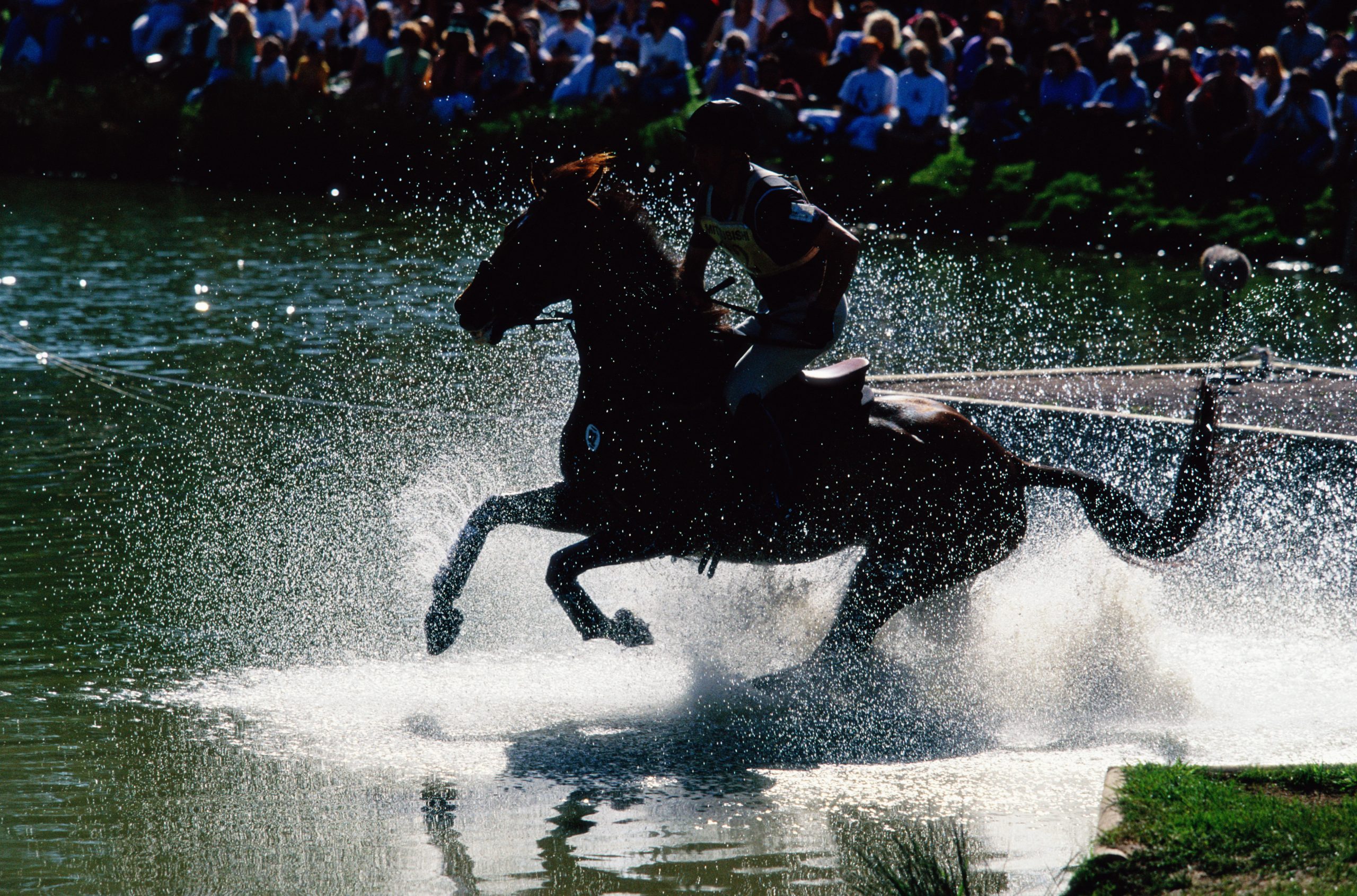

[MORE BADMINTON: Listen to Kate Green on the Country Life Podcast]
Sheila Willcox, 1959: The pioneering professional
Sheila Willcox was not the first female winner — that was Margaret Hough in 1954 — but she was ahead of her time in her rigid methodology (which still holds good today) and professional attitude to what was then an amateur sport; she certainly gave no quarter to rivals. In 1959, she beat David Somerset (later the 11th Duke of Beaufort and Badminton’s host), who worked full time as an art dealer. This was despite his children, including the present Duke, jumping up and down beside the showjumping ring excitedly yelling at her: ‘Go on, knock one down!’
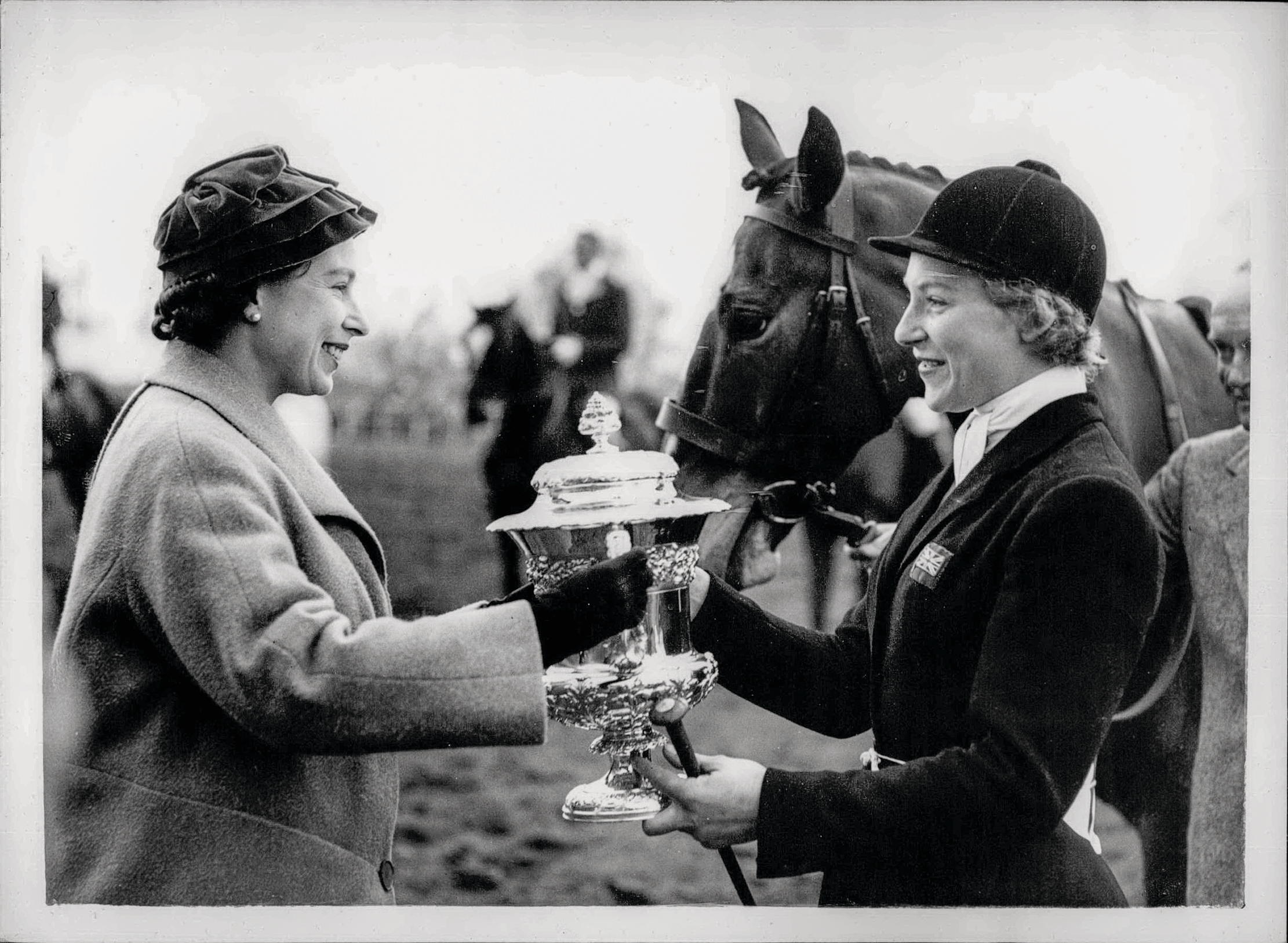
Willcox’s hattrick of wins (1957–59) remains a record, so difficult is it to produce a horse for this famously challenging competition, let alone win it. However, she had a tetchy relationship with team selectors and was forever resentful of missing out on an Olympic place. Women eventers were barred from the Games until 1964 and there was a view among some of the hierarchy that they were more likely to burst into tears if they fell off, although a less likely cry-baby than Willcox would be hard to find.
Anneli Drummond-Hay, 1962: A stroll in the park
Anneli Drummond-Hay’s facile victory on Merely-a-Monarch in 1962 — she won by 42 points — is still considered the blueprint for an equestrian sport that tests the all-round partnership of horse and rider. The Country Life reporter that year, Phyllis Hinton, wrote that they looked ‘as if they owned the world’ and Drummond-Hay later admitted that it felt like pothunting.
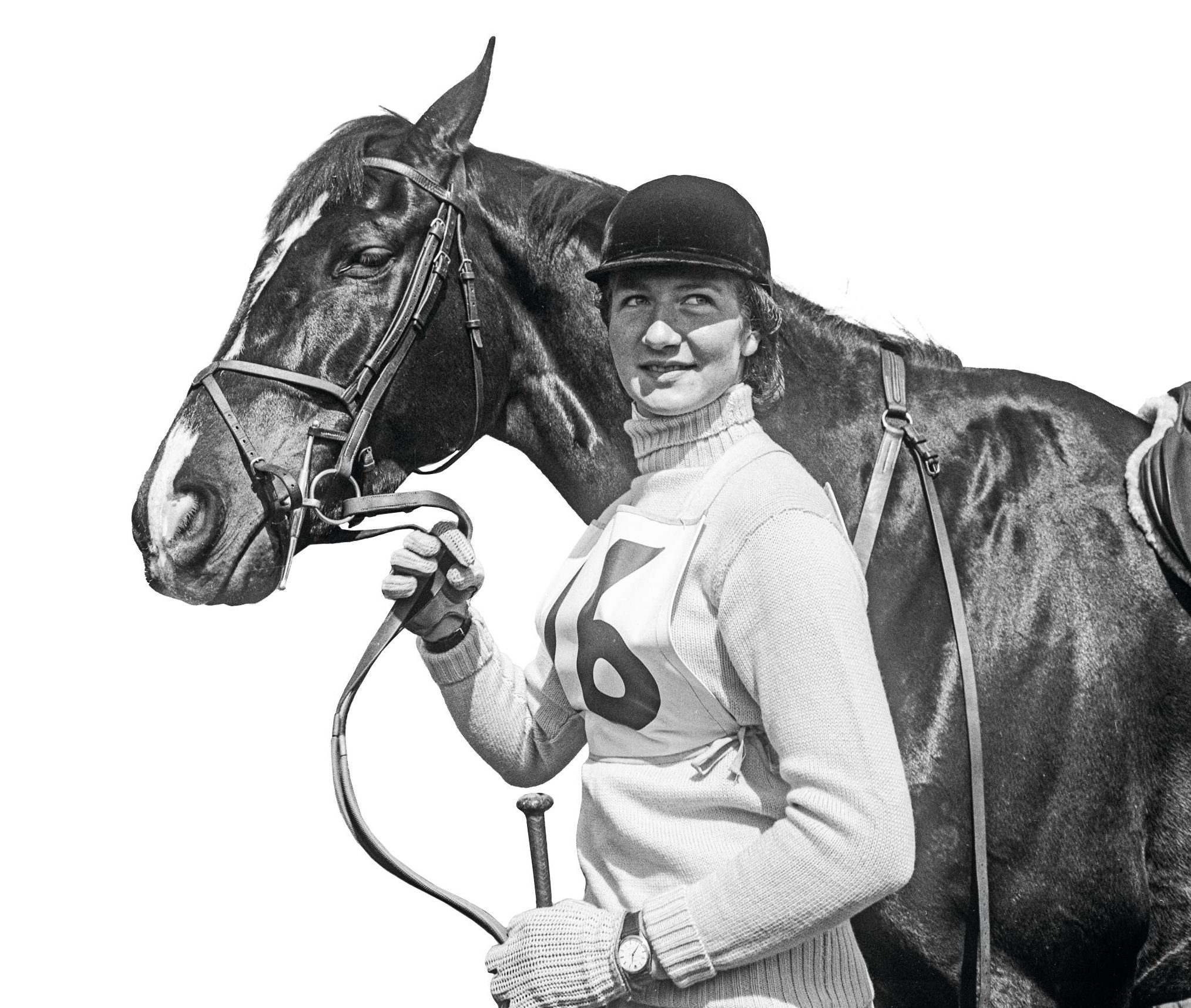
She bought Monarch as a two year old; he was in a scruffy field, but had, she wrote in her autobiography, ‘the look of eagles’. He was considered too valuable to risk on a cross-country course, but Drummond-Hay felt that Badminton was an unfulfilled ambition; afterwards, the duo won medals in pure showjumping contests. She and Monarch made history as the first of only six pairs to do the Badminton-Burghley double in the same 12 months — these two British five-star (highest international level) competitions are still considered the blue ribands.
Lucinda Green, 1973-1984: Six of the best
Lucinda Green (née Prior-Palmer) can claim to be one of few genuine household names in the sport, outside the Royal Family, and was a poster girl for eventing during the 1970s. Her record of six Badminton victories on six different horses between 1973 and 1984 is unlikely to be matched. Her win on George in 1977 perhaps best encapsulates her stylish, empathetic horsemanship, for, disconcertingly, the horse had fallen (with other riders) on his previous five outings. However, Mrs Green felt ‘the horse had something to teach me’ and it was a distraction from sadness over her father’s terminal illness.
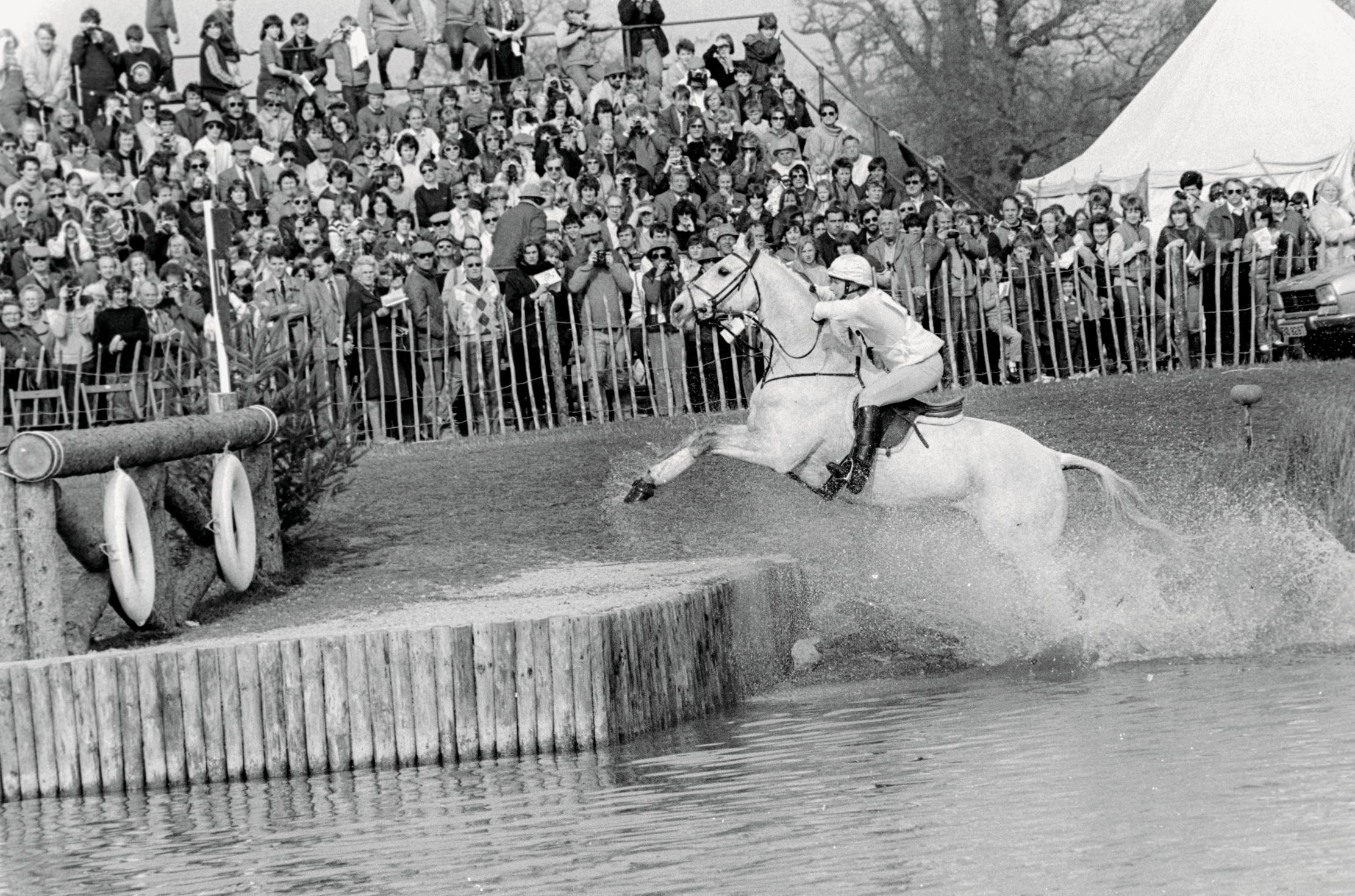
The dreary, muddy conditions were not auspicious and George’s erratic progress over the steeplechase track was discouraging: ‘I didn’t think he could possibly get around the cross country,’ Mrs Green admitted, resigning herself to a fall at course-designer Frank Weldon’s typically frightening new fence into the Lake. Yet George jumped for his life. Perhaps the fact that it was St George’s Day had something to do with it.
Sign up for the Country Life Newsletter
Exquisite houses, the beauty of Nature, and how to get the most from your life, straight to your inbox.
Ginny Holgate, 1985: A horse beyond price
Priceless, ridden by Ginny Holgate (now Elliot) to win in 1985, was a ‘funny little foal,’ says his west Somerset breeder Diana Scott — he earned his name when her sister said: ‘Oh, isn’t he priceless!’ Never has a horse been so aptly named: he won eight medals, six of them gold, and never once faulted on the cross-country.
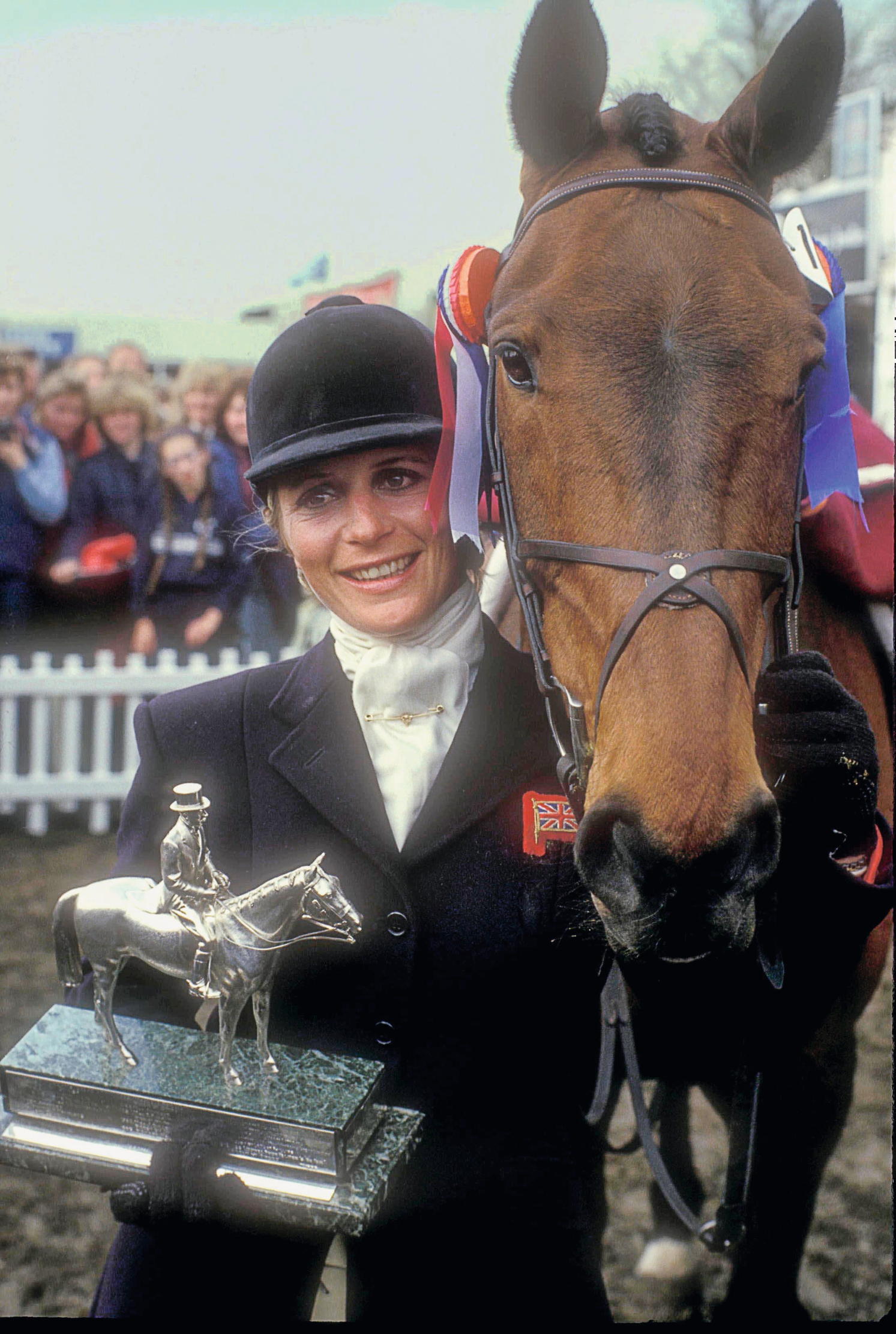
Mrs Elliot was another rider to set new standards, combining immaculate preparation with dashing bravery. She boosted the confidence of her 1993 winner, Welton Houdini, in the hunting field, but thought victory so unlikely that she bet Badminton director Hugh Thomas a case of Champagne — and had to pay up.
Pippa Funnell, 2005: Last of the old school
Pippa Funnell, a triple winner who is still competing at top level in her fifties and a much-respected, good-sense spokeswoman, did it the hard way; she was the last victor of a traditional Badminton, in 2005, on Primmore’s Pride. After that, the sport underwent a seismic change with the abandoning of the ‘endurance’ phases — the roads-and-tracks and steeplechase that were part of the epic cross-country days of old — in line with the modern Olympic format.
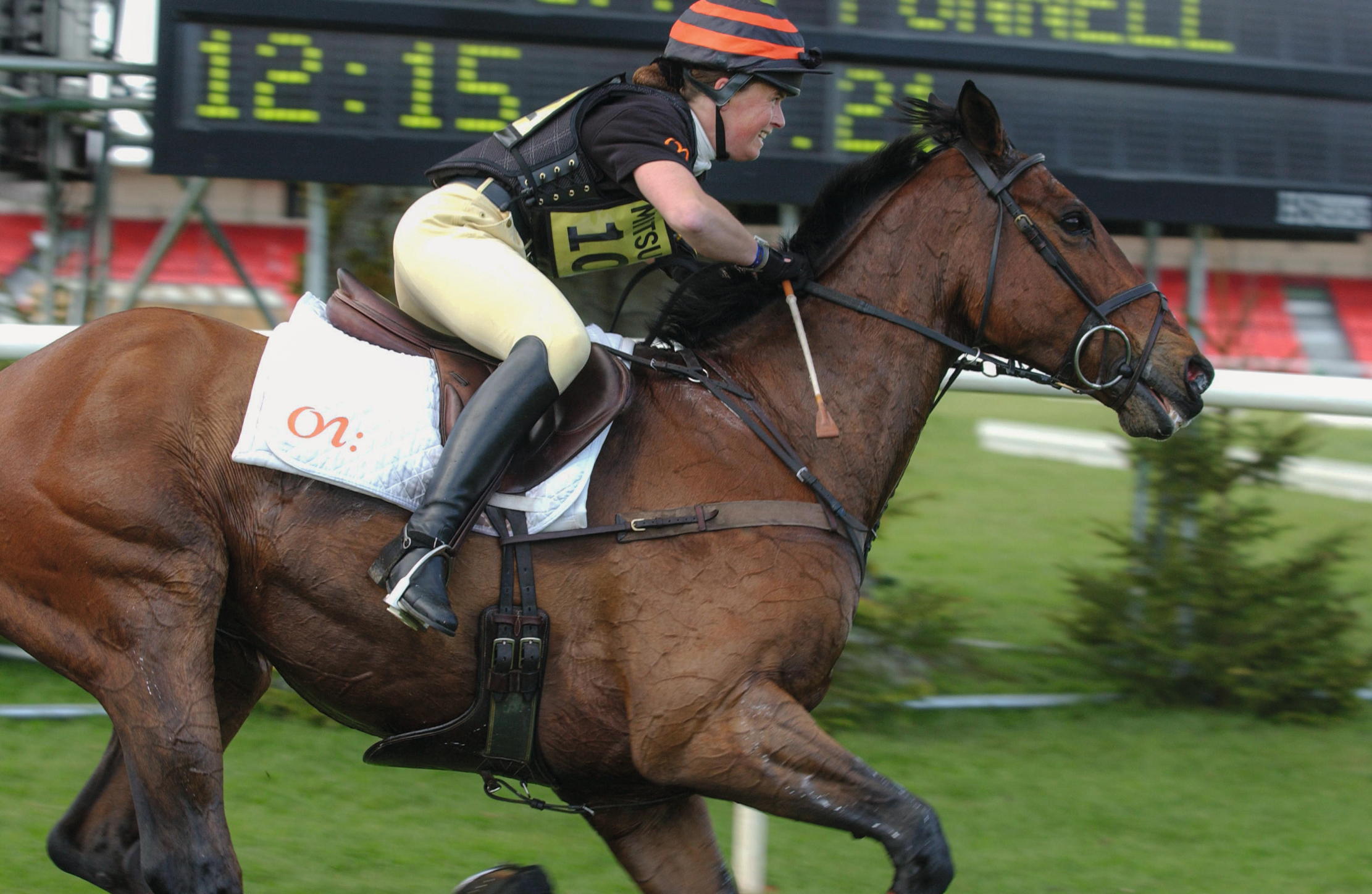
Most notably, her 2003 win on Supreme Rock (their second in a row) was part of the Rolex Grand Slam, a triple crown of Badminton, Burghley and Kentucky, US, a concept riders initially considered a crazy pipe dream.
Sir Mark Todd, 2011: The master returns
Sir Mark Todd’s feats of horsemanship have included winning at his very first attempt, in 1980 — resulting in a cartoon of the Duke of Edinburgh spluttering ‘Mark who?’ — coming top on a horse he had never ridden before and completing the cross-country with only stirrup. Yet the former New Zealand dairy farmer’s greatest moment was surely in 2011, when he emerged from an eight-year retirement to triumph again, aged 55.
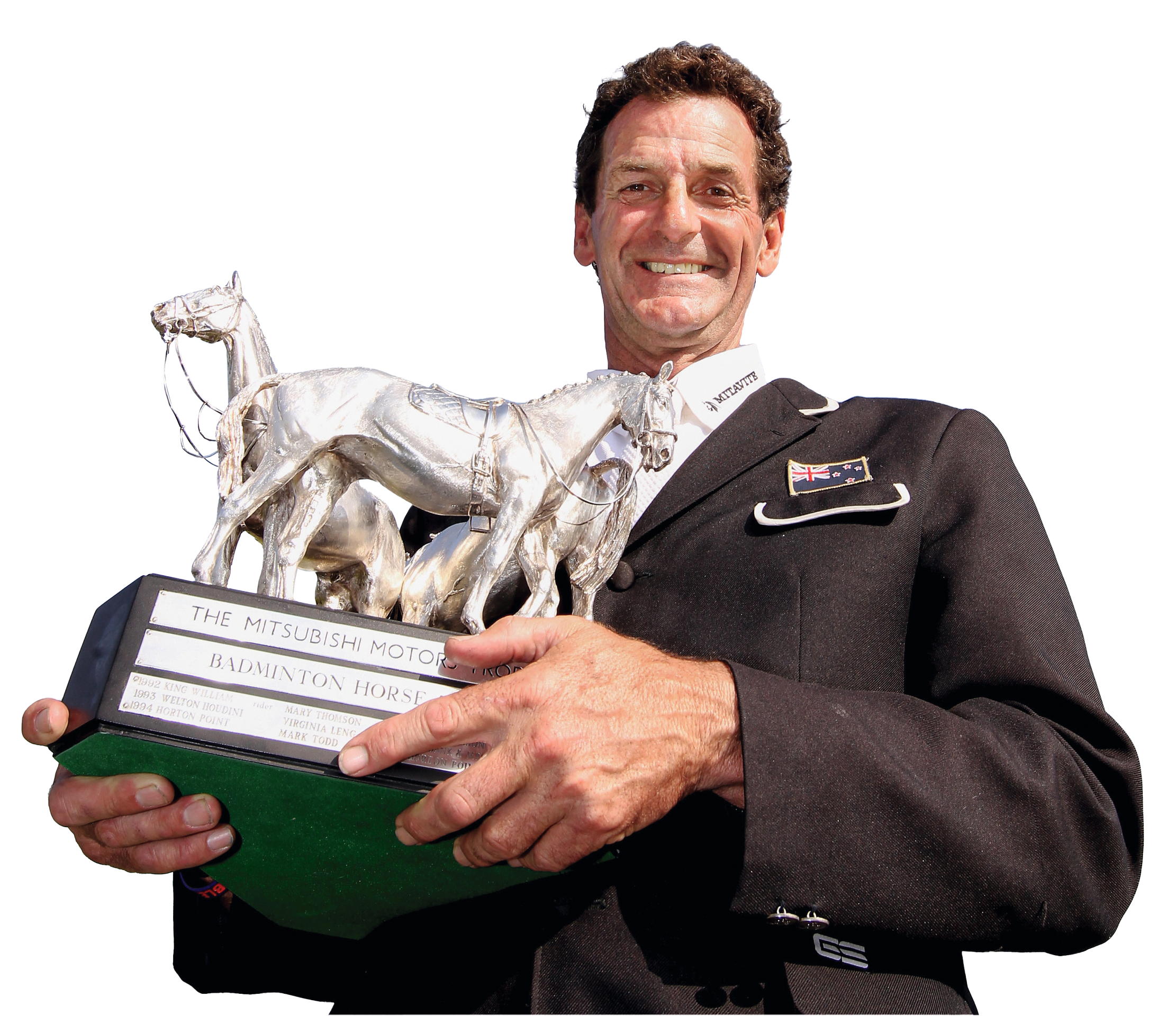
Sir Mark's win saw him beat riders who hadn’t even been been born when he started out. A Times leader asked if it was the greatest sporting comeback of all time.
Andrew Nicholson, 2017: 34th time lucky
Perhaps the most moving victory was that achieved by the genius Kiwi rider Andrew Nicholson, who has completed Badminton more times — 38 — than any other rider and is the oldest winner (at nearly 56). The big moment came in 2017 — riding the 17-year-old Nereo — 33 years after his first attempt and 20 months after breaking his neck, narrowly escaping paralysis.
‘Of course, I knew I would win one day — I just didn’t know when,’ he said.
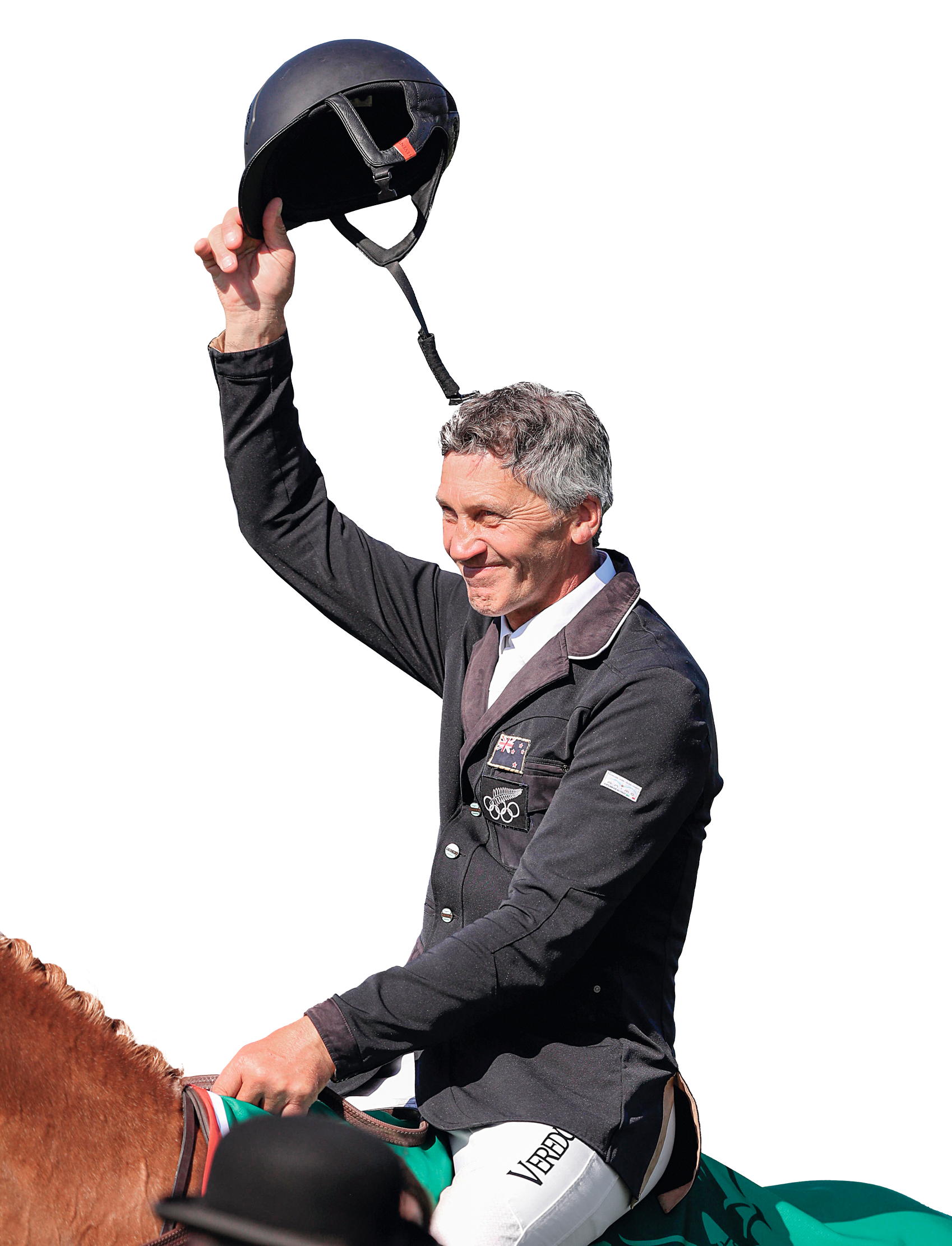
The best of the rest, from Colditz survivors to the Aussie who trained his horse on the ship to England
No litany of Badminton legends is complete without mentioning Frank Weldon, who had been a prisoner in Colditz. He and Kilbarry, back-to-back winners in 1955–56, were the star partnership of the day and led Britain to a first Olympic team gold medal, at Stockholm in 1956, thus fulfilling the 10th Duke of Beaufort’s raison d’être for starting the trials He is, however, most famous as the director who, over 21 years, established the supremacy of Badminton and its cross-country course.
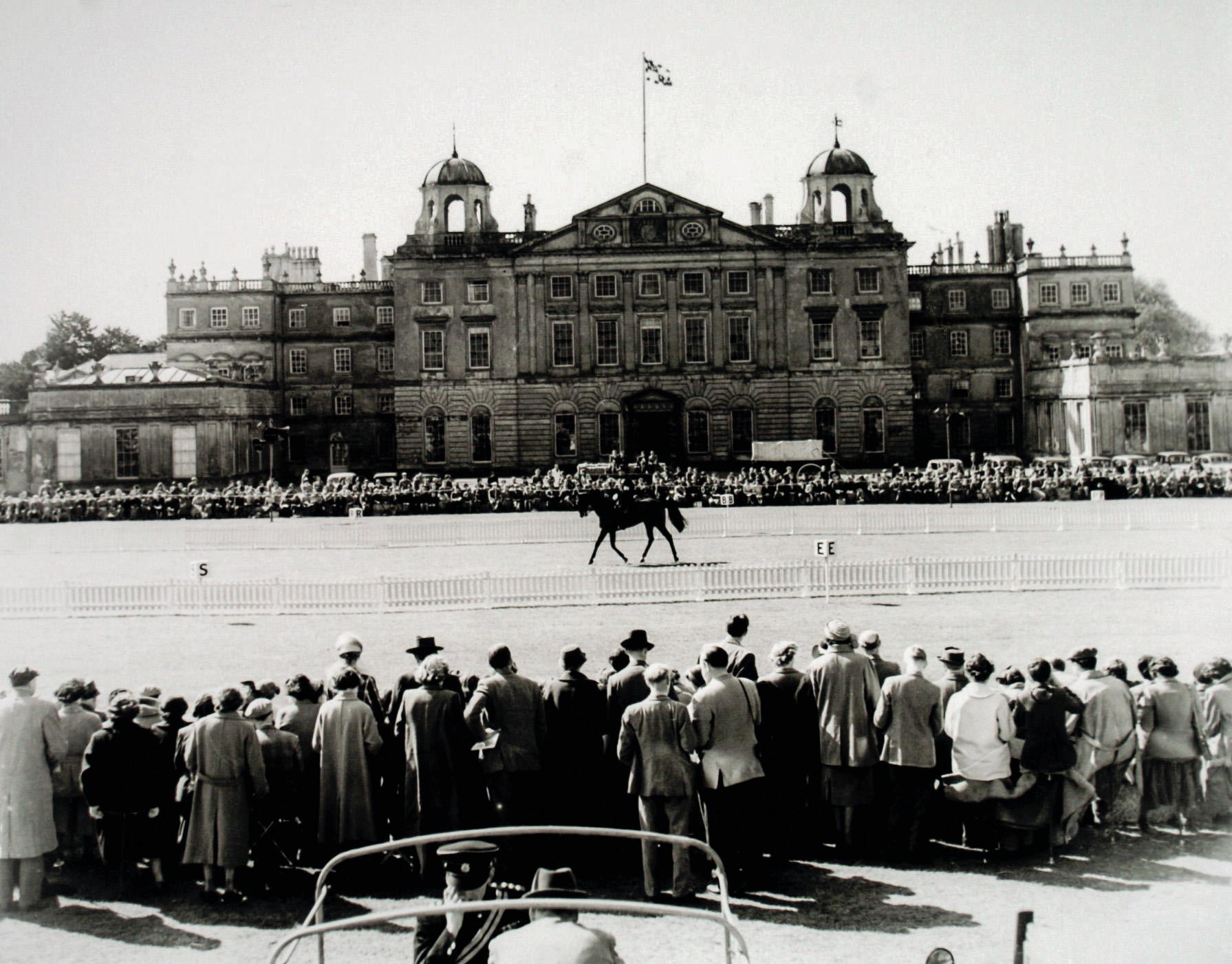
They made them tough in those days, none more so than the 1960s winner, Australian farmer Bill Roycroft, who got his horse, the tiny polo pony Our Solo, fit by exercising him on the ship’s deck on the way over. The Aussies won team gold at the Rome Olympics thanks to Roycroft continuing, dosed up with whisky, with a broken collarbone after a crashing fall.
In 1968, Jane Bullen (now Holderness-Roddam) had to negotiate four days off from her nursing post in the obstetric unit of the Middlesex Hospital — fortunately, she had a sympathetic matron, earning from the press the soubriquet ‘the Galloping Nurse’.
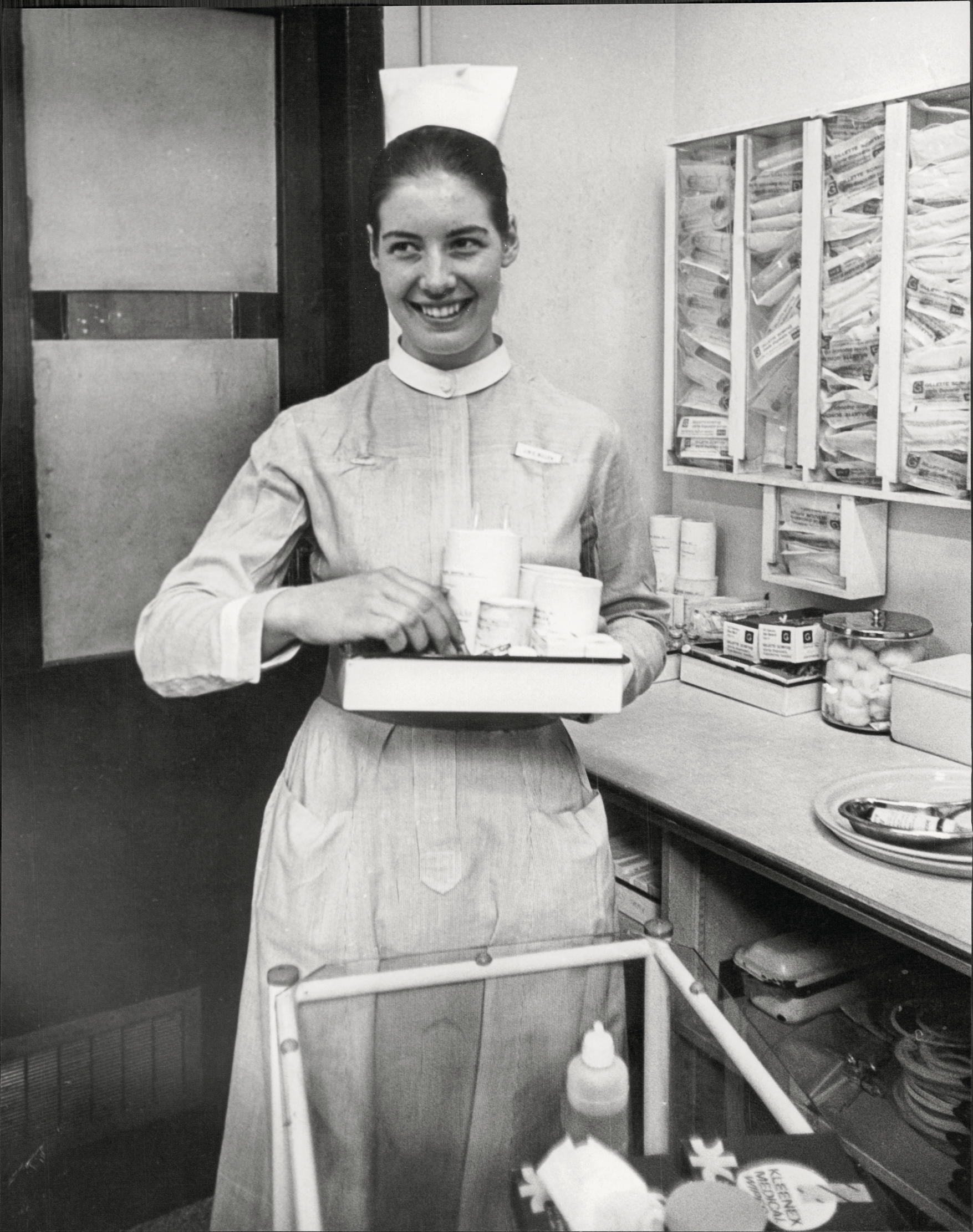
Olympic gold medallist Richard Meade epitomised 1970s glamour and his stellar record made him a leading sportsman in his own right. His first Badminton win, in 1970, was on The Poacher, who could be mercurial; Meade persuaded friends to stand by the second fence and holloa, which had ‘electrifying’ results. Meade’s chief rival then was Capt Mark Phillips, a brilliant horseman, who won for his mother-in-law, Elizabeth ll, in 1974 on Columbus, a horse that Princess Anne had found too strong.

Ian Stark, a former civil-service clerk from Scotland, took the old guard by surprise when he sprang to prominence and his record of finishing first and second, on Sir Wattie and Glenburnie, in 1988 is unbeaten. The dashing Flying Scot was also triumphant in Badminton’s golden-jubilee year, 1999, on the Duchess of Devonshire’s Jaybee, receiving his trophy from the Queen.
By the turn of the century, William Fox-Pitt had become the Meade of his day. In 2004, he won on one of the most unusually bred horses, Tamarillo, a Polish Thoroughbred/Arab cross — his owner/breeder Finn Guinness, a keen geneticist, has since cloned him — and, in 2015, on Chilli Morning, the only stallion to win a five-star competition.
Germany has been a dominant nation this century, but none of her riders managed to win the blue riband until Michael Jung, by then an Olympic, world and European champion, clinched it in 2016 (and the $350,000 Rolex Grand Slam) with La Biosthetique Sam, ‘the horse of my heart’.
The 75th-anniversary Mars Badminton Horse Trials, which will feature a museum about its history, runs until May 12. All tickets must be purchased in advance (there is no gate admission): visit www.badminton-horse.co.uk to buy or to sign up to Badminton TV. Kate Green’s new book ‘Badminton Horse Trials at 75’ (Quiller, £40) is on sale now.
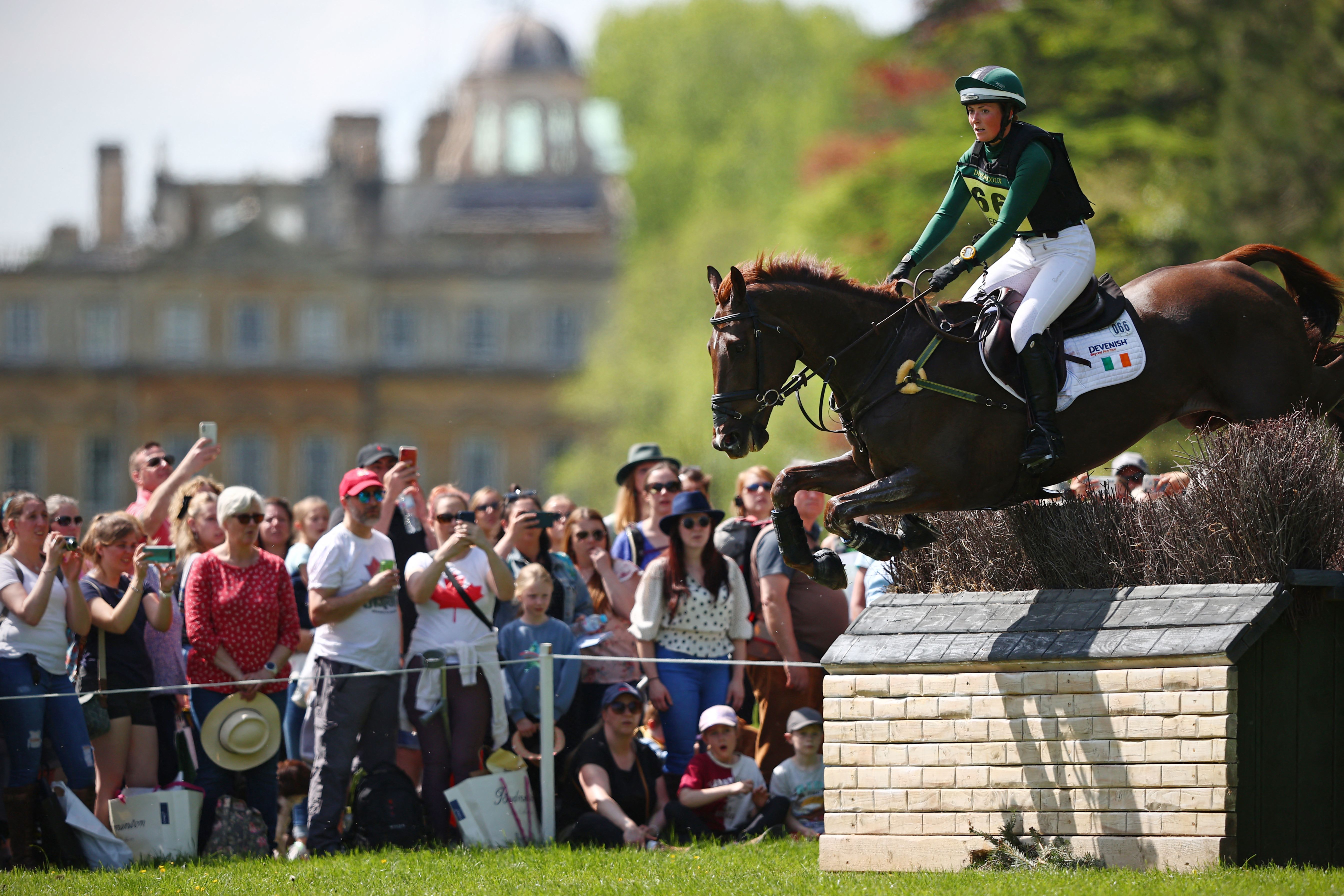
The Badminton Horse trials at 75
Country Life's Kate Green joins the podcast to talk about the tale of how the world's best three-day eventing competition
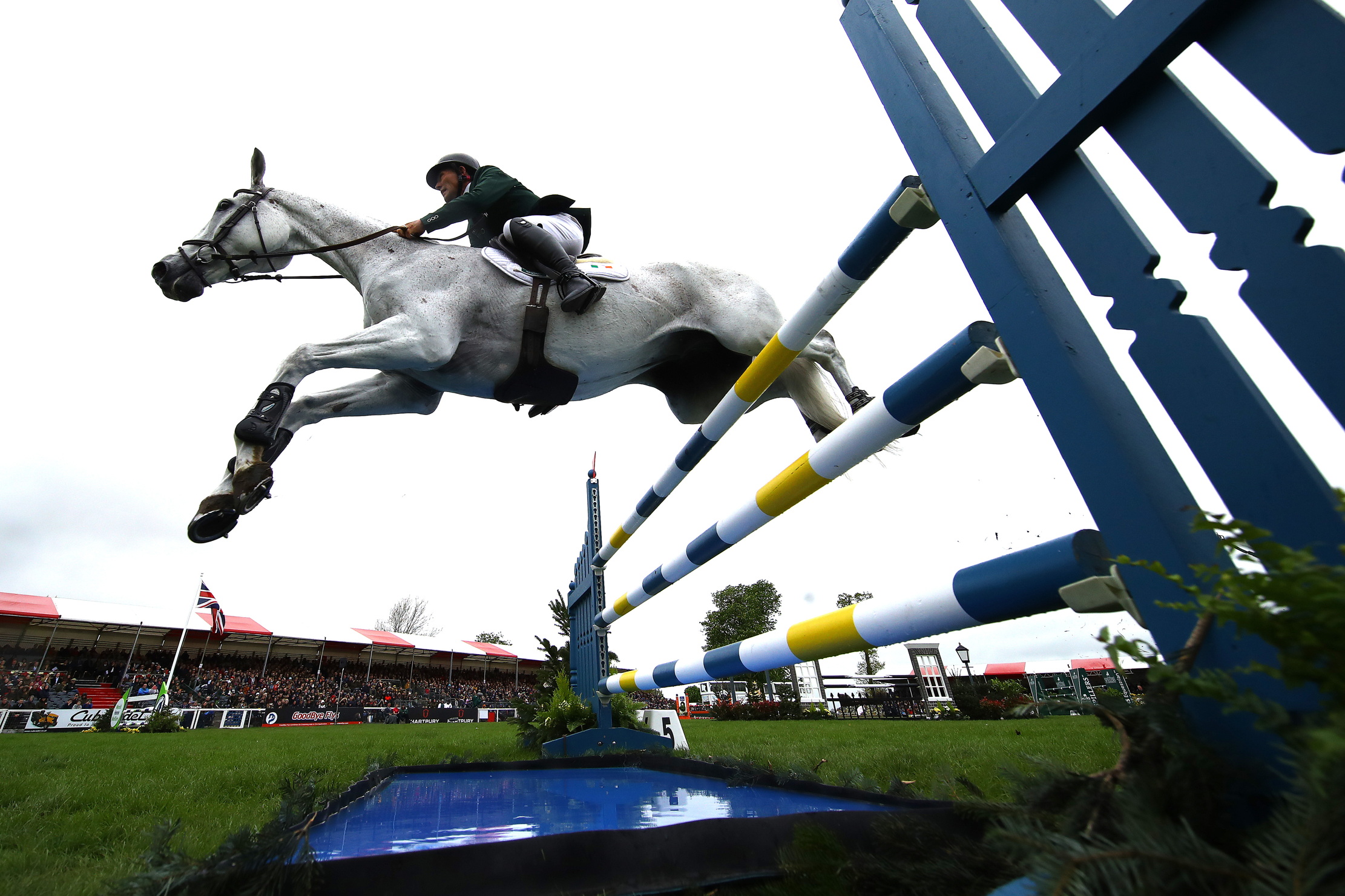
Everything you could ever want to know about Badminton, 'the most important and most typically English' eventing competition in the world
In the latest edition of The Legacy, we look at the 10th Duke of Beaufort who, so disgusted at Britain's
-
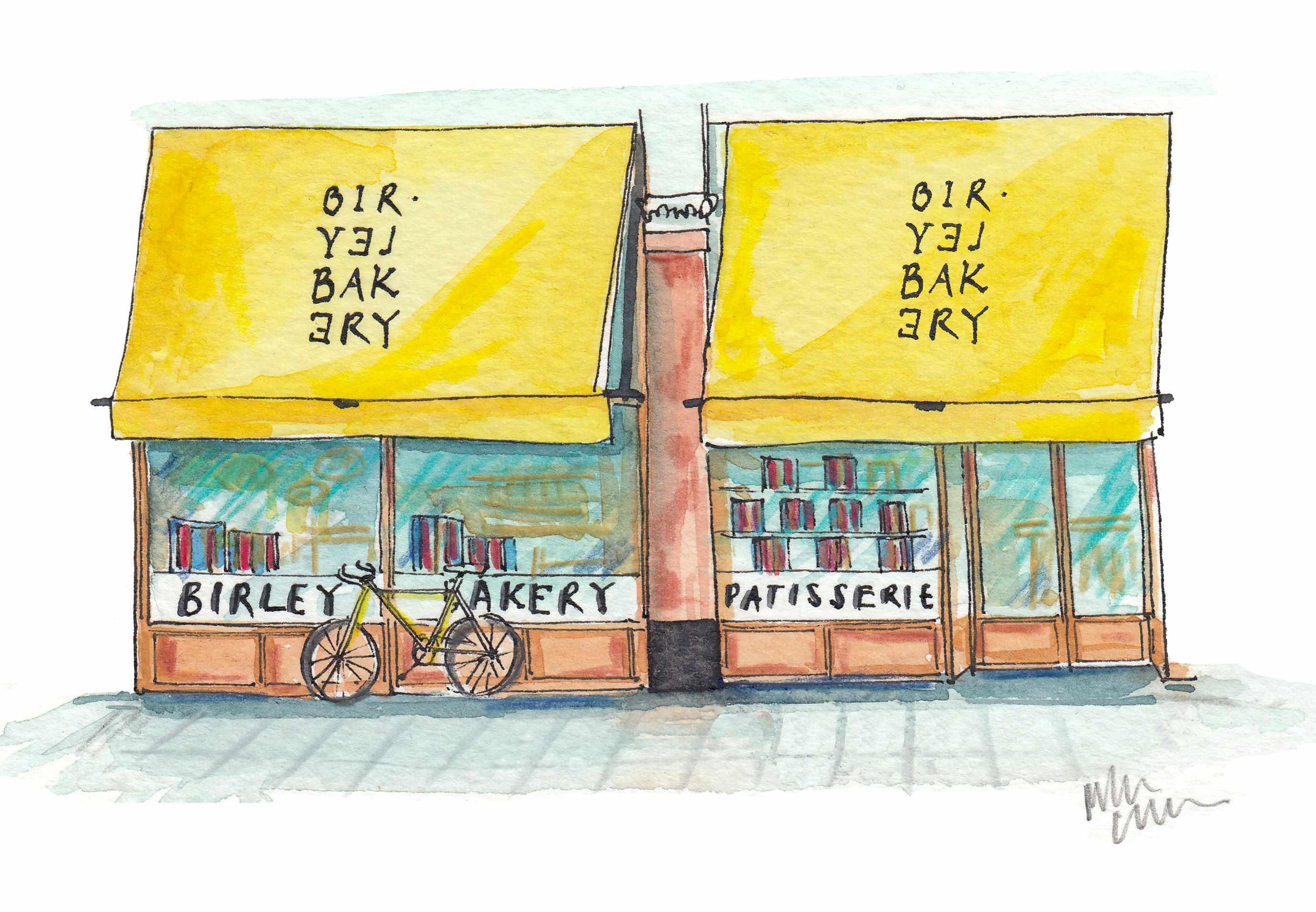 'That’s the real recipe for creating emotion': Birley Bakery's Vincent Zanardi's consuming passions
'That’s the real recipe for creating emotion': Birley Bakery's Vincent Zanardi's consuming passionsVincent Zanardi reveals the present from his grandfather that he'd never sell and his most memorable meal.
By Rosie Paterson
-
 The Business Class product that spawned a generation of knock-offs: What it’s like to fly in Qatar Airways’ Qsuite cabin
The Business Class product that spawned a generation of knock-offs: What it’s like to fly in Qatar Airways’ Qsuite cabinQatar Airways’ Qsuite cabin has been setting the standard for Business Class travel since it was introduced in 2017.
By Rosie Paterson